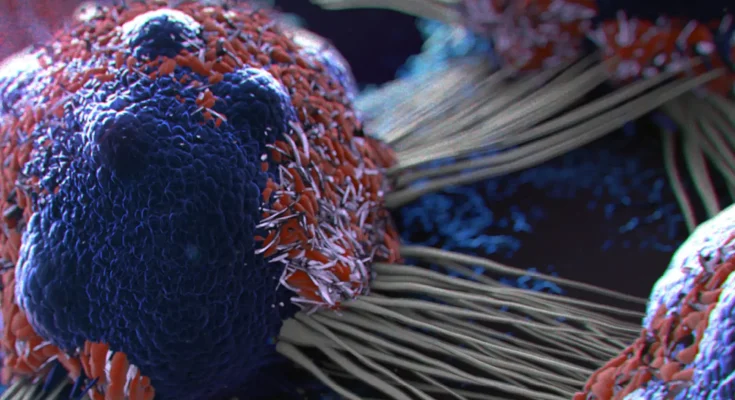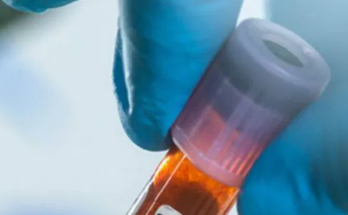A healthy diet is one of the most crucial factors in cancer prevention. Along with regular exercise, it is one of the few aspects you can control, as genetics and environmental factors are largely beyond your influence.
Of course, if you are still smoking or using tobacco in any form, consider quitting as a top priority.
When it comes to diet, the general rule is to focus on whole, organic foods rather than processed options laden with pesticides. However, there are some nuances. Certain nutrients have been proven to be particularly effective in combating cancer cells.
Below are seven foods, nutrients, or food components that should take center stage in any cancer-preventive or cancer-fighting diet:
1. Folate-Rich Foods
Folate, a vital B vitamin, is so important that it is often added to foods that do not naturally contain it. This is because low folate levels have been linked to DNA mutations that open the door to cancer. Research shows that consuming at least 400 mcg of folate per day can significantly reduce cancer risk.
Excellent sources of folate include orange juice, folate-enriched cereals, peanuts, and beans. Spinach and romaine lettuce are also rich in folate, as are asparagus and Brussels sprouts. Aim to include a folate-rich food in every meal. If that’s difficult, a folate supplement may be worthwhile.
2. Vitamin D
Vitamin D is a fat-soluble vitamin that aids in calcium absorption and helps protect against depression, heart disease, and weight gain. It also suppresses the growth of cancer cells. In fact, recent studies indicate that vitamin D may reduce breast cancer risk by up to 50%. Additionally, it has been shown to improve survival rates for lung cancer patients.
One of the best sources of vitamin D is sunlight—about 10 minutes of sun exposure without sunscreen is enough to stimulate your body’s vitamin D production. Food sources include milk, eggs, and seafood such as cod, shrimp, and Chinook salmon.
3. Tea
This simple, easy-to-prepare beverage is rich in antioxidants, which are your best defense against free radical damage. Free radicals weaken cells and make them more susceptible to cancer. One particular antioxidant found in tea, known as kaempferol, has been shown in studies to reduce cancer risk, especially for reproductive system cancers.
Harvard School of Public Health recommends consuming 10-12 mg of kaempferol daily. Reaching this level requires about four cups of tea. If that’s too much, don’t worry—other good sources include fruits such as apples, peaches, blackberries, raspberries, grapes, and tomatoes. Vegetables high in kaempferol include broccoli, Brussels sprouts, potatoes, onions, zucchini, green beans, cucumbers, romaine lettuce, and spinach.
4. Cruciferous Vegetables
Since broccoli and Brussels sprouts have already been mentioned a few times, let’s discuss why. They belong to the cruciferous vegetable family, which also includes kale, cabbage, turnips, and cauliflower. Laboratory experiments have shown that cruciferous vegetables produce cancer-fighting compounds when chopped or chewed.
Cruciferous vegetables are especially effective at protecting against prostate and colon cancer. In animal studies, sulforaphane and other compounds produced when these vegetables are cut or chewed have been shown to shrink tumors. There are many ways to include cruciferous vegetables in your meals. The only thing you shouldn’t do (if you want the benefits) is swallow them whole without chewing!
5. Turmeric
Turmeric is the bright yellow spice that gives curry its distinctive flavor and color. It is also renowned for its anti-inflammatory properties, which can help fight cancer. Inflammation plays a key role in the development of many diseases, including cancer. Curcumin, the active compound in turmeric, blocks inflammation and prevents cancer cells from mutating and multiplying.
Turmeric is especially effective in reducing the risk of bladder and gastrointestinal cancers, but researchers agree that no type of cancer is immune to curcumin’s effects. You can easily sprinkle dried or powdered turmeric into all kinds of savory dishes for a mild Indian flavor and cancer-fighting power.
6. Ginger
Ginger is another traditional spice, popular in Asian cuisine and widely used in Europe and America. Commonly known as a remedy for nausea, ginger offers even more powerful benefits as part of a cancer-preventive diet—and potentially cancer treatment in the future.


